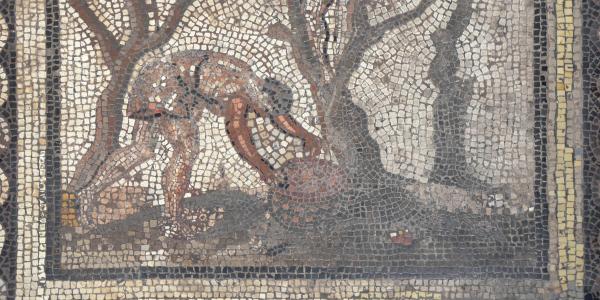Slavery in the Roman Agricultural Imaginary
The humble, hard-working, self-sufficient farmer is a familiar figure in moralizing discourse from the ancient Mediterranean. His traditional virtue and independence from the forms of obligation to which other professions are subject make the agricola the pinnacle of Roman elite self-fashioning. As Cicero puts it: “of all the things from which any profit is acquired, nothing is better than agriculture: nothing more productive, nothing sweeter, nothing more worthy of a free man” (omnium autem rerum, ex quibus aliquid acquiritur, nihil est agri cultura melius, nihil uberius, nihil dulcius, nihil homine libero dignius, Off. 1.151). Such valorization of agriculture – especially as a form of labor, or of individual liberty – is complicated by the fact that Roman landowners relied on, and exploited, enslaved and hired labor to run their farms.
This talk argues that the Roman agricultural imaginary ideologically compensated for this contradiction using two strategies: one is to elide the labor of enslaved people in representations of agriculture’s virtues, the other to define the agricola in relation to landownership and slave management rather than physical labor. In either case, the moral benefits of farming are afforded to the slaveholder but denied to his slaves.

